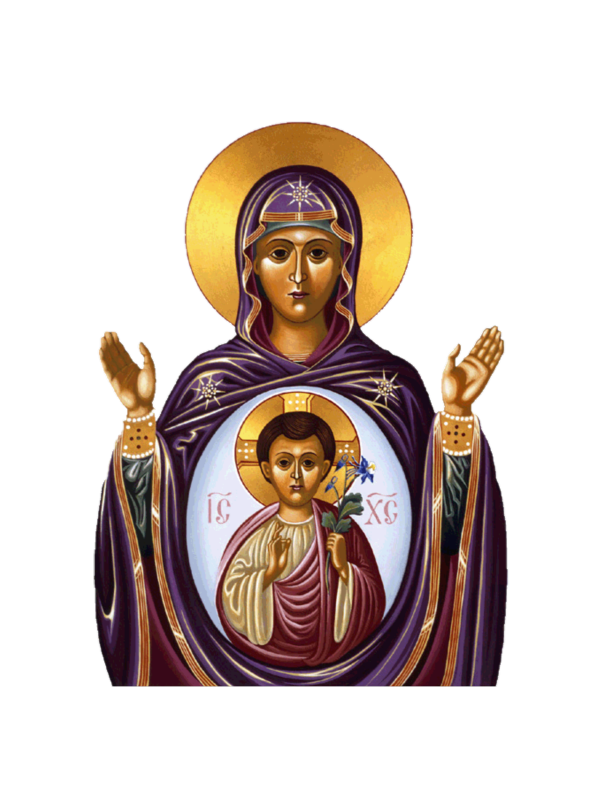The Declaration “Dignitas Infinita” On Human Dignity
One of the greatest voices for the upholding of the dignity of human life was St. John Paul II and it is only fitting that the Declaration on Human Dignity, Dignitas Infinita (DI), was issued from the Dicastery for the Doctrine of the Faith on April 2, 2024, the nineteenth anniversary of this great saint’s death. This is very much a “package” document that is meant to cover a very wide number of life and sexual issues.
It has been rather typical of the documents issued in this papacy in that it seeks to finds a common thread for both believers and non-believers alike as regarding the elusive but essential nature of human dignity and the respect due it and rights surrounding it.
The document is reliant on a number of interesting sources. Its recognition of the Universal Declaration of Human Rights and the precarious role this Declaration has had in world affairs since its acceptance 75 years ago is referred to several times. This is apropos since other foundational documents such as the Vatican II document Gaudium et Spes and Pope Francis’ sprawling document Fratelli Tutti (2020) also feature very prominently.
One may ask why another document regarding these issues is necessary considering the wealth of teachings in the last decades from the Magisterium. Yet, we are all well aware of both the speed and also the complexity of developments in science and public morality that have caused so much confusion on the part of the faithful and all of the world that looks to the Church as “Mother and Teacher”.
DI takes an interesting approach laying out the process of research and consultation and acceptance of this document and then delves into an analysis of dignity itself. Considering that the word is used and misused in so many ways in our time this is a worthwhile endeavour.
It delves into the crimes against humanity with poverty, slavery, sexual abuse, prostitution, and war being given space. Many of this papacy’s themes of recognition of the poor, the overlooked, and “those on the peripheries” such as migrants and refugees are reiterated.
Abortion is given a full category and it is roundly condemned in any form regardless of how early in the pregnancy or by what means. The Dicastery gives a succinct though brief defense of the pro-life stance and clearly and consistently repeats the clarity of the rights of the preborn.
Euthanasia, too is centered out and there is a clarion call for a pastoral accompaniment (a theme of this papacy as we all know) of the lonely, ill, socially isolated, suffering, and dying.
But newer forms of violence are also highlighted. Sexual surrogacy and new forms of “in vitro” conception and pregnancy speak to violations against both the rights of the child and also of the mother. This has been raised before specifically in Donum Vitae (and even in Humane Vitae) but the teaching needed to be restated.
The gender theory section of this Declaration is too brief to handle the number and complexity of issues addressed. One main area is the confusion of language regarding “gender choice” and the morality of sex reassignment surgery. The other attempts to deal with age of consent concerns, the compromised role of psychiatry and sexual confusion. These areas will need much more unpacking in future teachings. The labelling of it as “ideological colonization” is telling! As well, seeing gender theory as a direct attack on the anthropological basis of the family - truly the bedrock of a sane and stable society – is long needed.
Digital violence in the new “virtual communities“, that have really become one of the “rerum novarum”, in our time is seen as a new and pervasive threat to human value and dignity in a bewildering and rapidly evolving manner of ways.
All in all, Dignitas Infinita is a very necessary document, despite its brevity and wide array of topics, that needed to be issued. It now needs development as to how to counter these threats, how to deepen our responses and how to equip our people in the variety of their vocations to uphold the dignity and worth of all human beings. I will be developing some of these in our upcoming newsletters and on our website.
Fr. Tom Lynch (PFLC National President)
